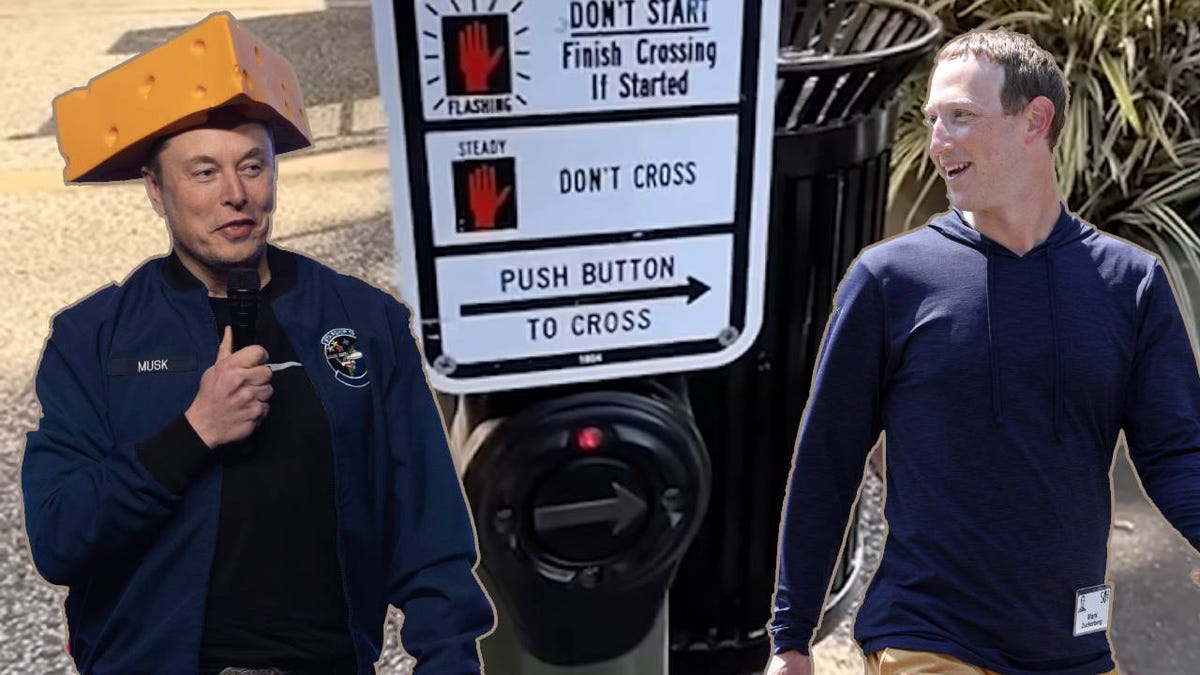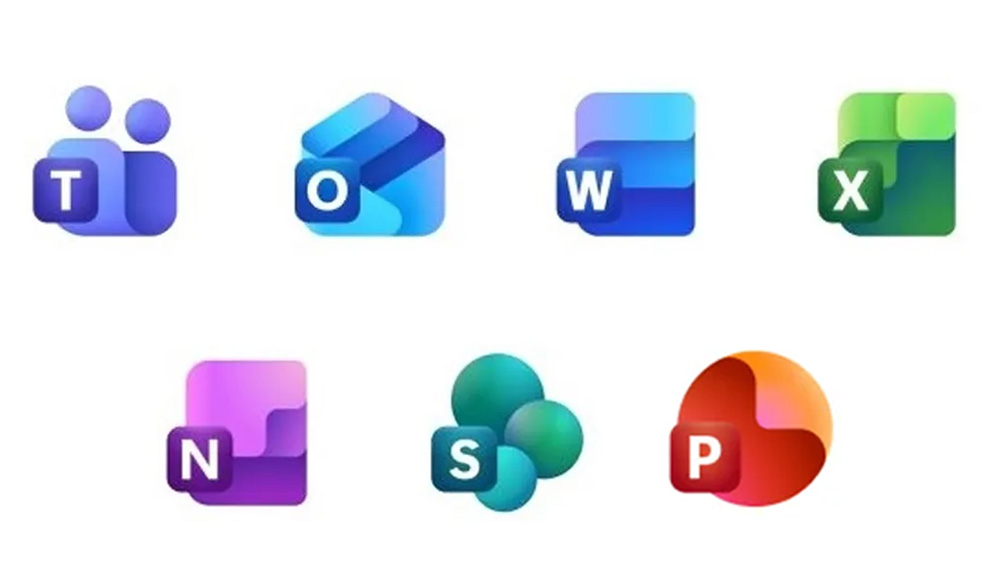Satirical Messages from Silicon Valley Crosswalks Spark Controversy

In an era increasingly reminiscent of dystopian narratives from 1980s science fiction, it seems fitting that individuals are responding to the chaos of technological advancement by engaging in acts of playful rebellion. Recently, crosswalks in Silicon Valley have become the unlikely stage for satirical messages delivered in the voices of two of the tech industry's most prominent figures, Mark Zuckerberg and Elon Musk.
When pedestrians press the button at certain crosswalks in Palo Alto, they are greeted with the cheeky voice of Mark Zuckerberg, who introduces himself with a playful twist: Hi, this is Mark Zuckerberg, but real ones call me the Zuck. The message continues, You know, its normal to feel uncomfortable or even violated as we forcibly insert AI into every facet of your conscious experience. And I just want to assure you, you dont need to worry because there is absolutely nothing you can do to stop it. Anyway, see ya! This commentary resonates deeply in light of recent updates to Metas WhatsApp, which included an involuntary AI button that many users found intrusive.
Another notable message, purportedly from Elon Musk, adds a layer of humor and introspection to the mix. Hi, this is Elon Musk, the voice begins, welcoming listeners to Palo Alto, famously recognized as the heart of Tesla's engineering hub. The message takes a philosophical turn, stating, You know, they say money cant buy you happiness... which is followed by a long pause before Musks voice resumes, And yeah, OK, I guess thats trueGod knows Ive tried. But it can buy a Cybertruck, and thats pretty sick, right? Fuck, Im so alone. This candid confession strikes a chord, humorously highlighting the isolation that can accompany immense wealth and success.
Moreover, another audio clip featuring a Musk impersonator attempts to deliver a deliberately cringe-worthy joke about cancer, but it falls flat, reflecting the nature of humor in this digital age.
The exact method behind these hacks remains a mystery. According to NBC News, these playful disruptions occurred on Friday, April 11, but city officials were not made aware of the situation until a couple of days later. This delay allowed for the viral spread of the recordings, which quickly gained traction on social media platforms. The chief communications officer for the City of Palo Alto confirmed to NBC that the audio feature on the affected crosswalks has since been disabled, clarifying that only a small number of crossings were impacted and that overall signal operations remained unaffected. Additionally, similar hacks were reported in neighboring areas like Menlo Park and Redwood City, all of which were addressed over the weekend.
This phenomenon exemplifies a playful yet poignant form of tech-driven rebellion that seems to mirror the themes found in the reality depicted in films like The Running Man. One can only imagine the creative individuals behind this escapade, perhaps donning spiky green mohawks and bandana masks emblazoned with skulls and crossbones, as they sped away on neon-colored motorcycles, embodying the spirit of defiance in the face of overwhelming technological advances.






















